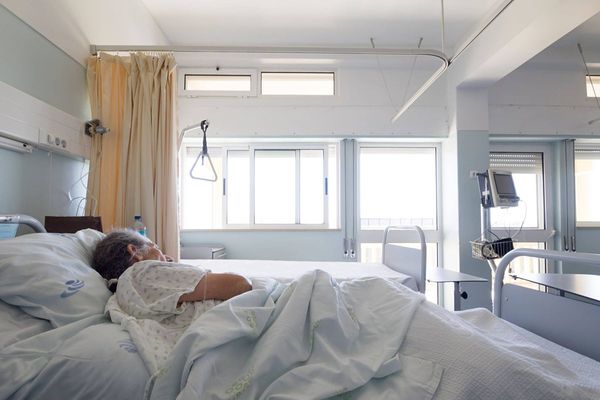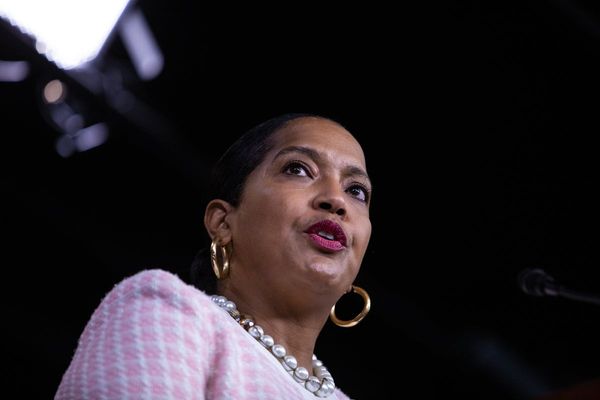Tesla (TSLA) shares jumped higher Thursday after the carmaker topped Wall Street's second quarter earnings forecasts and reiterated its goal for full-year delivery growth despite input price pressures and narrowing profit margins.
Tesla said adjusted earnings for the three months ending in June rose 56.5% from last year to a Street-beating, $2.27 per share, although revenues were modestly light at $16.94 billion. Gross automotive margins were 27.9%, Tesla said, a 500 basis point decline from last year, Tesla said, just inside the Street forecast of 28.2%, owing to put a surge in input costs and expenses linked to the ramp-up of new factories in Austin and Berlin.
The group also said it expects full year deliveries to grow 50% from 2021 levels, implying a target of 1.4 million vehicles that Tesla CFO Zachary Kirkhorn said has become "more difficult but remains possible with strong execution."
Tesla, which suffered through supply chain disruptions, chip shortages and a 22-day shutdown at its gigafactory in Shanghai over the three months ending in June, saw deliveries fall 17.7% from the previous period to a weaker-than-expected 254,695 units.
"Q2 was a unique quarter for Tesla due to a prolonged shutdown of our Shanghai factory. But in spite of all these challenges, it was one of the strongest quarters in our history," CEO Elon Musk told reporters on a conference call late Wednesday. "And as a result, we have the potential for a record-breaking second half of the year. I do want to emphasize this is obviously subject to force majeure, things outside of our control."
Tesla shares were marked 9.5% higher in early afternoon trading to change hands at $813.22 each, a move that would still leave the stock nursing a year-to-date decline of around 20%.
Tesla also said it sold around 75% of it bitcoin holdings by the end of the second quarter, a figure equal to around $936 million, which was added to its balance sheet.
Tesla's bitcoin sale ensured the group was cash-flow positive for the second quarter, but came a cost of around $106 million to its P&L, the carmaker noted.
Musk said the sale allowed Tesla to "maximize our cash position, given the uncertainty of the Covid lockdowns in China", adding the conversion to fiat currency "should not be taken as some verdict on bitcoin."
"Cryptocurrency is a sideshow to the sideshow," he added. "Cryptocurrency is not something we think about a lot. We think a lot about scaling production and accelerating the advent of sustainable energy."
Tesla told investors in April that "the inflationary impact on our cost structure has contributed to adjustments in our product pricing, despite a continued focus on reducing our manufacturing costs where possible", and has since initiated layoffs in California while boosting prices for its Model S and Model Y sedans.
Raw materials prices, as well as labor costs linked to overall production cycles, have risen steadily over the past year, while Nickel-- a crucial component in EV battery making -- is up around 20% at $21,200 per ton on the London Metals Exchange. Battery-grade lithium carbonate prices are up around 60% from early 2021 levels.
Musk, however, warned that raising prices "past the affordability boundary ... demand falls off a cliff."
"They're frankly at embarrassing levels," Musk told investors. "But we've also had a lot of supply chain and production trucks and as we've got crazy inflation. So, I'm hopeful, this is not a promise or anything, but I'm hopeful that at some point, we can reduce the prices a little bit."







